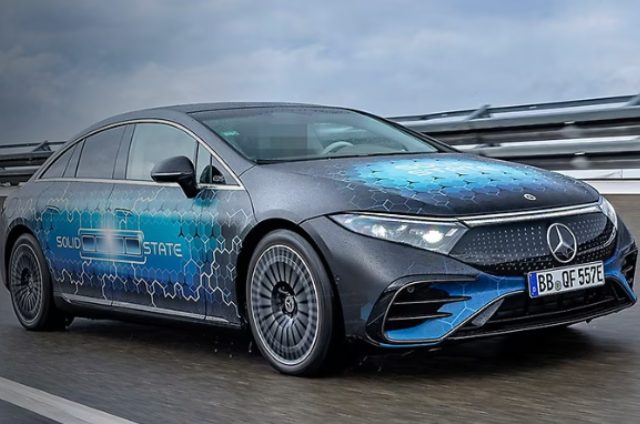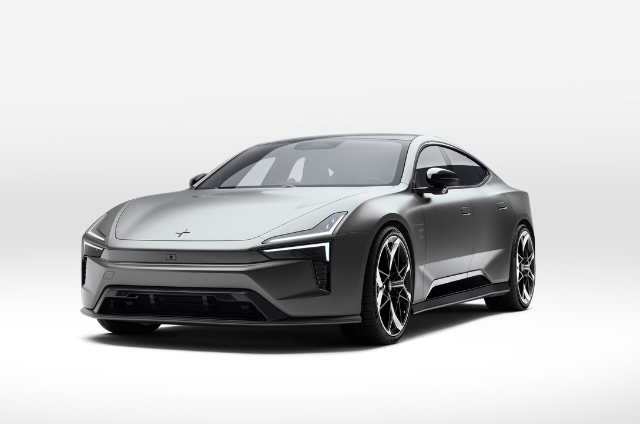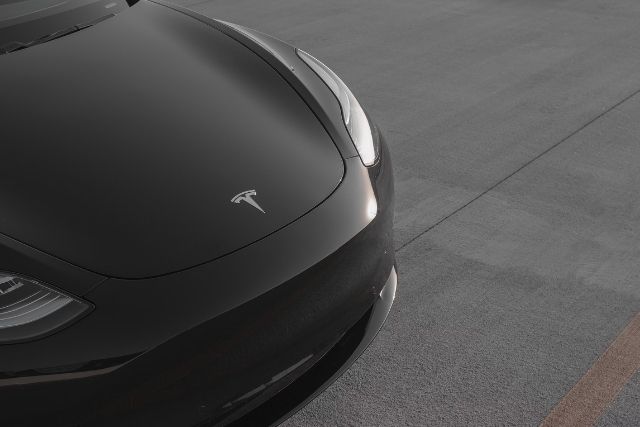A Quiet Revolution Rolls Forward
In January 2025, a text message from Mercedes-Benz read simply: “Spinning wheels.”
To most, it meant nothing. But to Siyu Huang, CEO of Factorial Energy, it marked a milestone 10 years in the making: a successful vehicle test using her company’s solid-state EV battery. That short video meant their tech had finally moved from the lab to the road.
The Battery That Might Beat Gas
Solid-state batteries promise faster charging, better range, and safer EVs.
Unlike today’s lithium-ion packs, they swap flammable liquid electrolytes for solid materials. That makes them smaller, lighter, and far less likely to catch fire.
The catch? They’re really hard to manufacture at scale — and extremely prone to failure.
That’s where Factorial hopes to change the game.
From Grad Students to Global Players
Huang and co-founder Alex Yu began their journey in a Cornell lab.
They built Factorial with help from New York State, private investors, and backing from Hyundai, Stellantis, and Mercedes.
Unlike many flashy Silicon Valley startups, Huang is quiet, focused, and grounded. Even Mercedes execs admire her no-hype approach.
From “Production Hell” to Autobahn Speeds
Early attempts at manufacturing solid-state cells were rough: only 10% were usable.
But by late 2023, yield had hit 85%. Mercedes installed the cells in an EQS sedan. Their engineers even tapped Formula 1 tech to solve the issue of cell “breathing” (expanding and shrinking).
By February 2025, the car had hit 100 mph in tests. And it didn’t explode. Victory.
Still a Long Road Ahead
Factorial’s battery might not hit the market until 2028.
The next steps? Fleet testing, perfecting mass production, and meeting strict automotive standards.
But Huang has already taken a ride in the prototype — and called it “like seeing a long-lost friend.”
This isn’t just a lab experiment anymore. It’s rolling.



